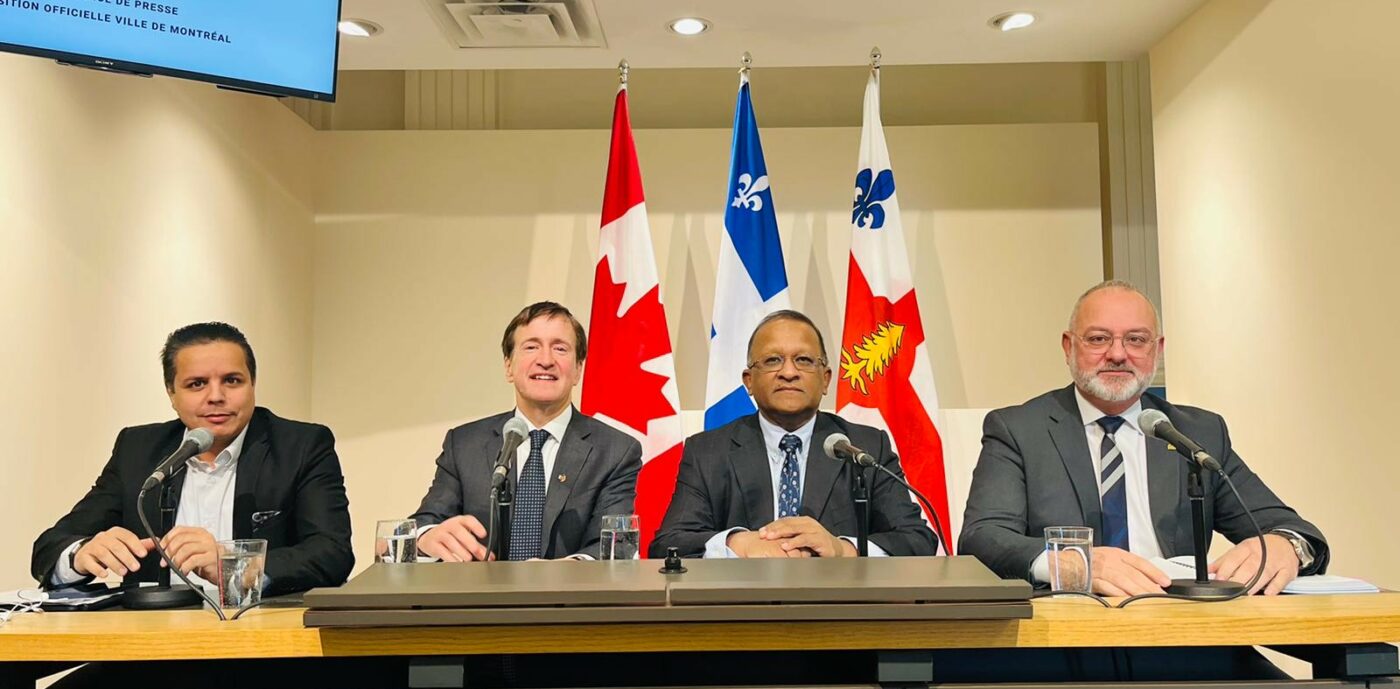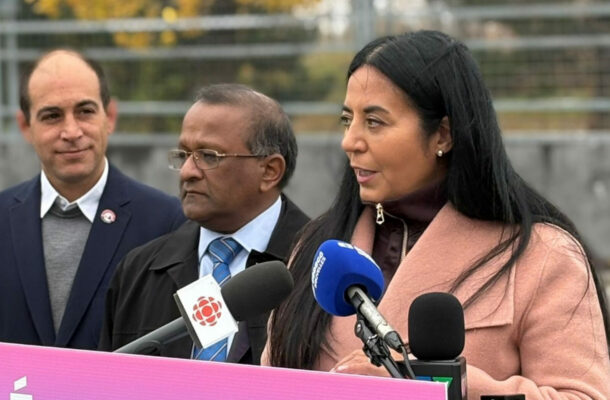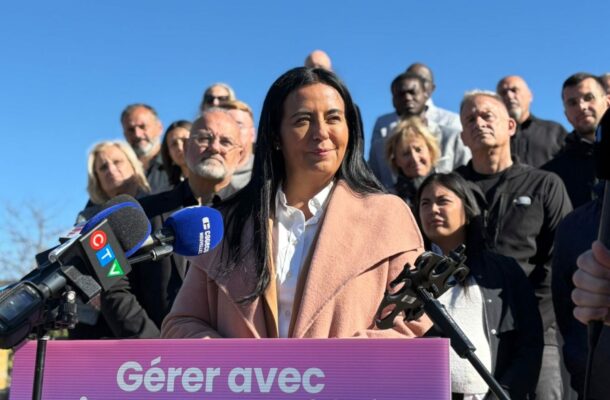Ensemble Montréal calls for tax cuts totalling $35,5 million

The Plante-Ollivier administration’s 2023 budget, with its 4.1% tax increase – the largest in ten years – is hitting Montrealers’ pocketbooks harder than ever in these tough economic times. While every government is anticipating a recession, the municipal government has chosen to wring what little is left from its taxpayers. Given this shocking situation, Ensemble Montréal’s city councillors have announced they will present four amendments to the 2023 budget to make it more socially acceptable.
“While Montrealers are saving every cent they can to pay for groceries, the administration is being greedy by dipping into their pockets for more than $118 million. Since Projet Montréal came to power, spending has increased by 30%. In the current situation, they could have restrained themselves, but it seems their intention is to just spend more and more,” said Aref Salem, Leader of the Official Opposition at Montréal City Hall, at a press conference today.
A 35.5 million dollar boost
To give Montrealers a breath of fresh air, Ensemble Montréal is proposing to limit the tax increases under city council’s jurisdiction to 2.9% for residential and 1.9% for non-residential accounts, which will reinject $35.5 million into their wallets. The party also expected the Plante-Ollivier administration would keep its promise to implement a deferral program for people on fixed incomes, who will have difficulty dealing with increased taxes.
“We can call on owners not to pass on increases to tenants, but it’s unrealistic to think that landlords will all willingly pick up the entire cost. With inflation and rising interest rates, everyone is having a hard time making ends meet. If we want to keep housing affordable in Montréal, the administration must tighten its belt and limit its spending to limit tax increases,” explained Alan DeSousa, the Official Opposition critic for finance.
Helping our merchants rather than knocking them out
While Projet Montréal prides itself on having succeeded in raising the non-residential tax modestly to an average of 2.9%, the reality on the ground will be quite different for merchants. When all non-residential property tax charges are taken into account, these owners will face an average increase of $34.66 per $1,000 of assessment, which is above the average Canadian business rate of $24.23. Increases in general property taxes under the central city’s control will be particularly staggering in 14 boroughs, including Lachine (+14.9%), Saint-Laurent (+11%), and Anjou and LaSalle (+8%).
As bills skyrocket and businesses try to cope with an average pandemic-induced debt load of $108,000, the administration is offering no action plan to help them weather the storm of a recession.
“Projet Montréal has shown a flagrant lack of interest in economic development. Amid COVID-19, the highest inflation in 40 years, and cries for reform of outdated aid programs, the Plante-Ollivier administration is clubbing them again instead of offering a helping hand,” said Laurent Desbois, vice-chair of the standing committee on finance and administration.
Investing in a competitive police service
Police forces across the province are all desperate to hire more personnel, and young recruits now have a wealth of choices. With 31 additional police officer resignations in September and October alone, and a total of 70 in 2022, the Service de police de la Ville de Montréal (SPVM) is clearly uncompetitive in the job market. Though there are many reasons, the gap between the SPVM’s entry-level salary and that of other police forces does not help the situation. Consequently, Ensemble Montréal is asking that $1 million be added to the 2023 budget to increase the salary of SPVM recruits.
“Life is more expensive in Montréal, while the salary of SPVM recruits is among the lowest. We’re already dealing with a glaring lack of manpower that costs us a lot of money in overtime, and we can’t afford to let new police officers slip through our fingers,” insisted Abdelhaq Sari, the Official Opposition critic for public security.
Finally, given the immense needs of people experiencing homelessness, Ensemble Montréal hopes that an additional $3 million will be allocated to the Diversity and Social Inclusion budget to increase assistance to support organizations. An amendment will also be proposed to dedicate the necessary funds to the Office of the Auditor General to conduct an audit of the pre-election report on public finances.
If the Plante-Ollivier administration does not accept these amendments, Ensemble Montréal councillors say they will feel obliged to vote against adopting the budget.
Their main objections have been published in a minority report available for download below (in french).





